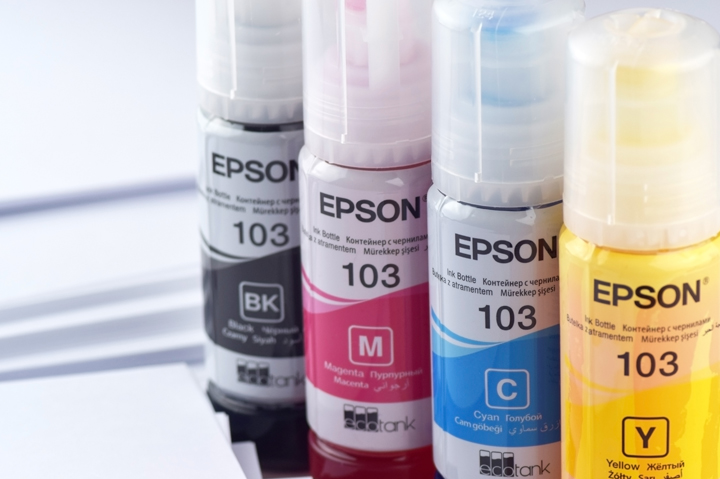News July 08, 2024
NYPD Finds Illegal Cannabis Shop Printing Labels and Packaging In-House
One of New York City’s unlicensed cannabis stores had its own in-house printing operation for labels and packaging.
It’s common for institutions like colleges to have in-plant printing facilities to handle their own print and promotional orders. They pump out the T-shirts for football games and on-campus events. They do the bags for incoming freshmen. They print the brochures for tour groups. It allows for more control over the production of the products related to the school, which is, at the end of the day, a business that brands itself like any other.

A business in Brooklyn, though, took the idea of the in-house print shop in a different direction. Authorities in New York City have already been cracking down on the “illegal pot shops,” which are unlicensed storefronts selling cannabis and related products in New York. The New York Times estimated that illegal cannabis operations outnumber the licensed ones 2,900 to 62.
This particular location in the Sheepshead Bay neighborhood of Brooklyn was printing its own packaging and labels for products, including using cartoon characters to potentially appeal to minors, falsely advertising the product as grown in California and omitting added chemicals.
CBS New York reported that this is the first instance that one of the illegal cannabis operations has brought its printing in-house.
“Some of these labels are indicating it’s from California, which it’s not, and it’s kids packaging, which is endangering our community right now,” New York City Sheriff Anthony Miranda told CBS New York.
Cannabis products and their packaging are held to high legal standards. Like tobacco or alcohol, the products need to be packaged in a way that’s not only child-resistant but also doesn’t look like something a kid would buy from a convenience store like candy.
The issue with this label printing job is also that the authorities that shut down the store found added chemicals to flavor the marijuana products, but the label didn’t include that, which could pose health risks to customers.
“The illegal market, when they’re mixing chemicals into the flower product, people are no longer smoking cannabis, they’re smoking the chemicals being mixed in,” Miranda told CBS.
At least two employees at the store with the label printer will now face felony counterfeit charges in addition to fines for the unlicensed cannabis sale.
Labels have been a major part of the growing cannabis sector of the printing and promotional products markets. Dispensaries and growers provide repeat orders for their products.
And, in a way, this shows that the businesses need printed items for cannabis products on a regular basis. But, obviously, they need to do it through legal means. As cannabis legalization spreads and more licensed dispensaries and grow operations pop up, the demand for print and promotional products will increase, too.
